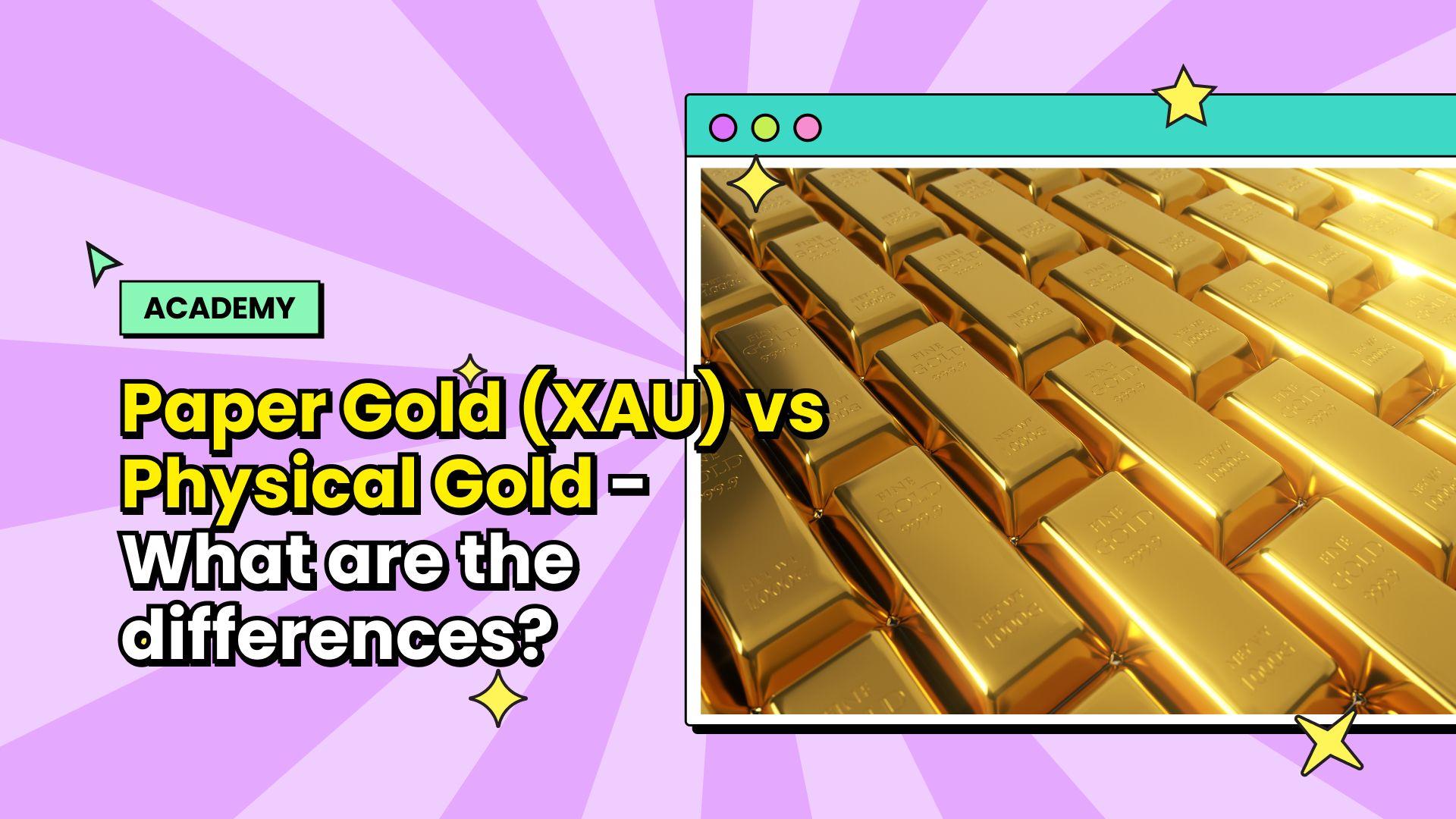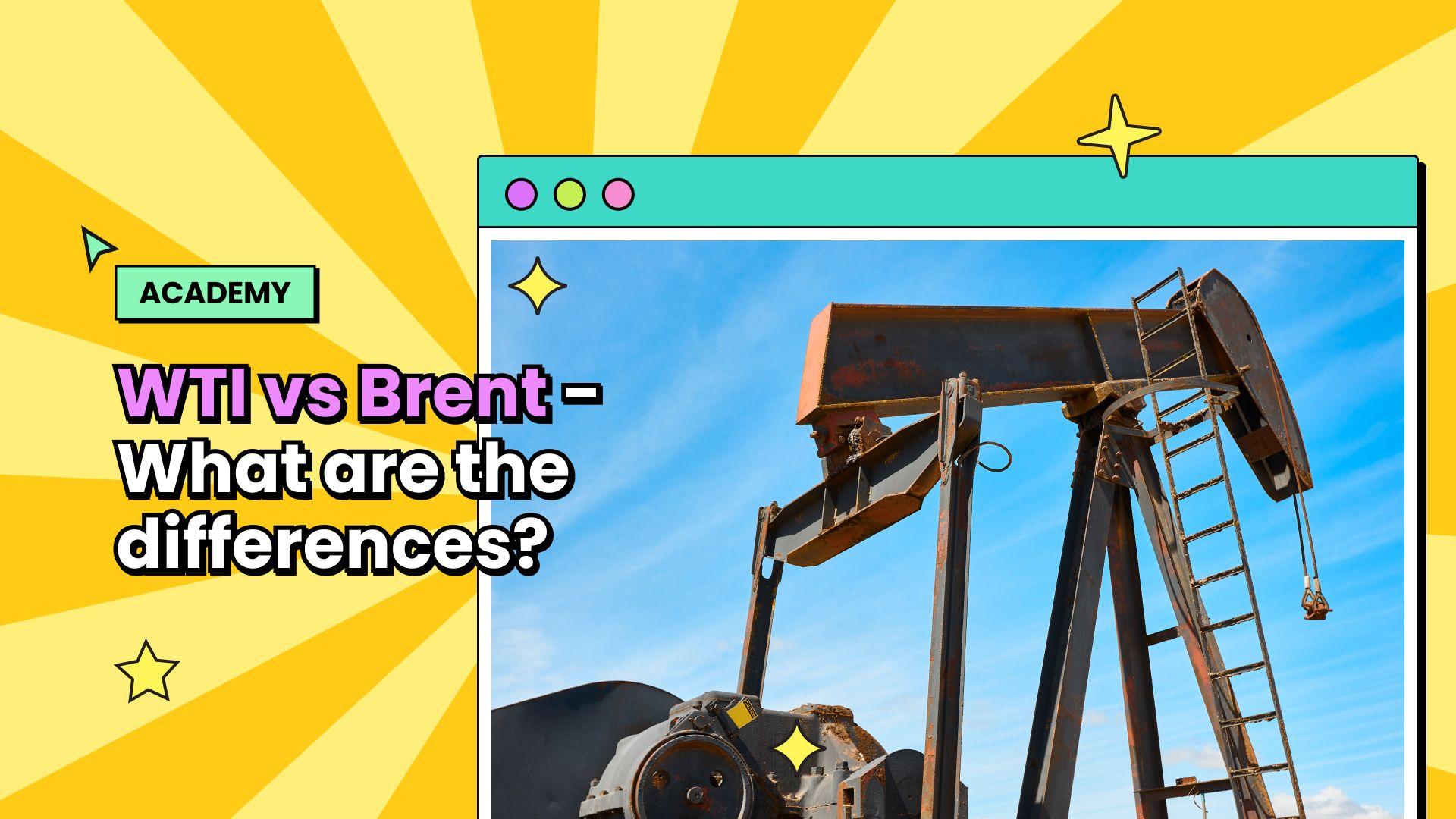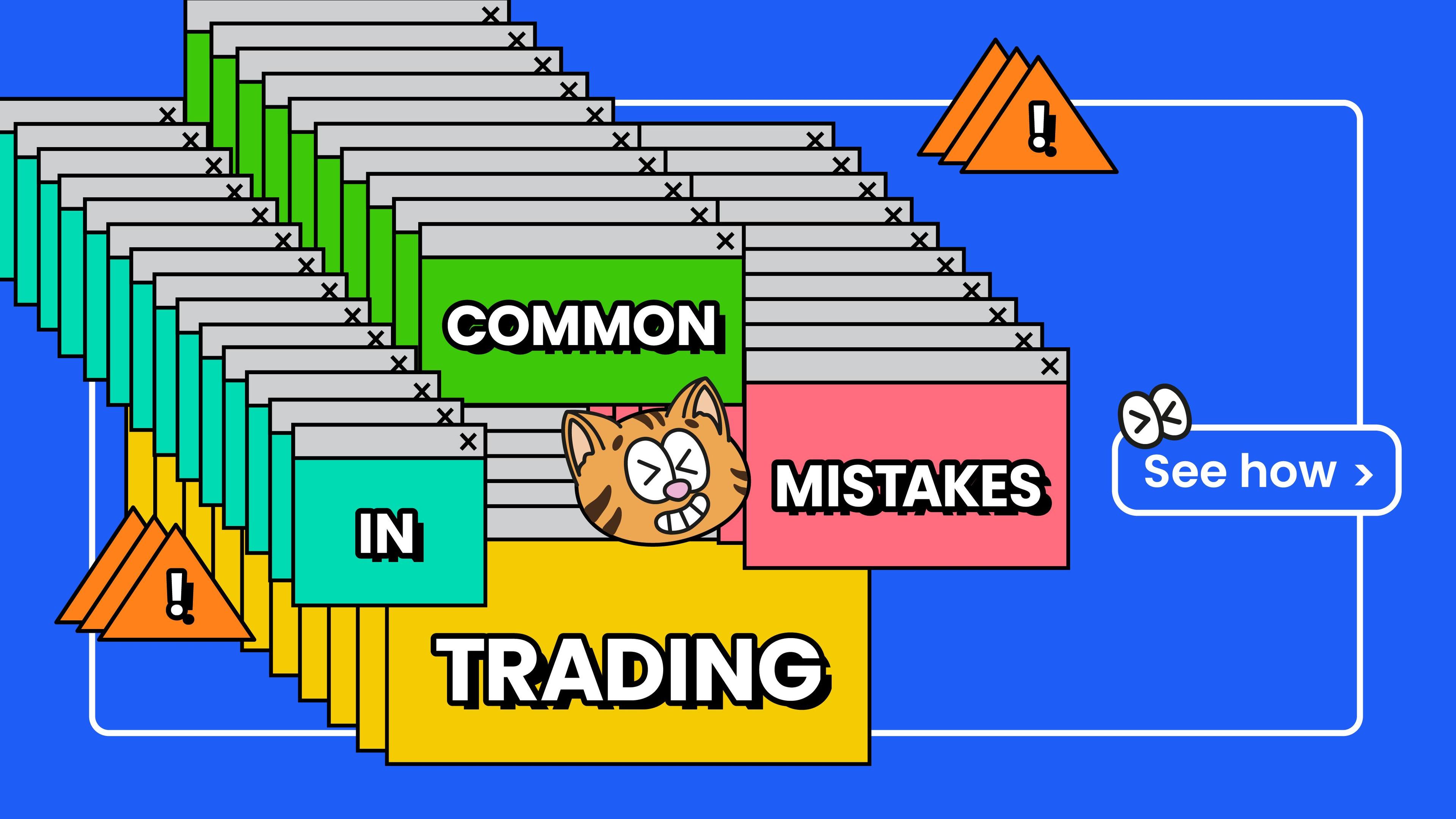Beginner Guide to Commodity Trading





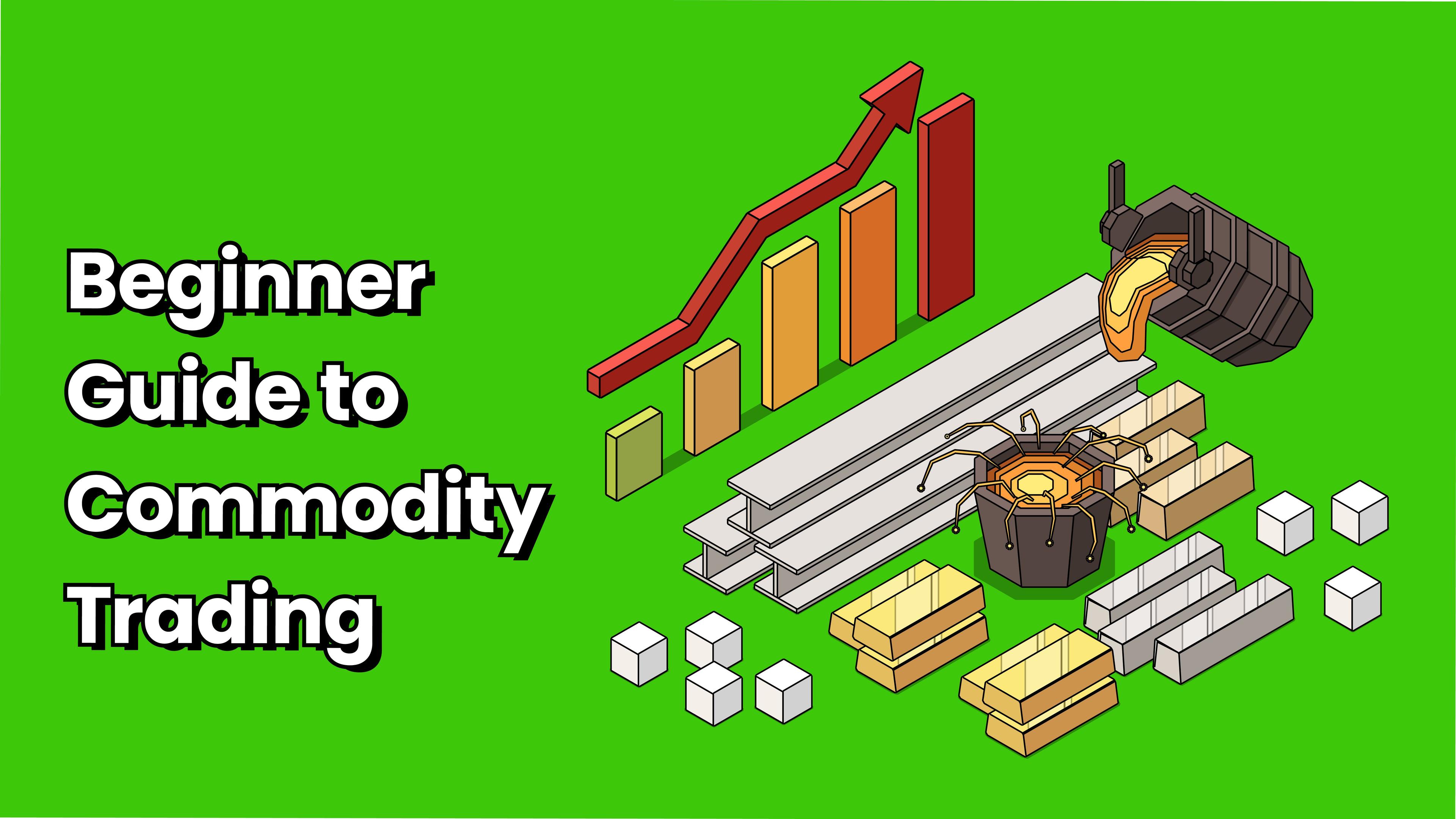

Commodity goods are basic, unprocessed materials, such as corn, oil, and metals, traded in large quantities. Trading in commodities often involves buying and selling futures contracts, which are agreements to buy or sell a specific amount of a commodity at a certain price and date. While commodities can provide a way to diversify your portfolio and protect against inflation, they are very volatile and can be affected by unpredictable events like weather and political instability. If you want to invest in commodities, it is essential to understand the risks and explore other options available. This article discusses in-depth about commodity trading and offers tips on how to trade items successfully and profitably.

What are Commodities
Commodities are raw materials used to manufacture final products such as agricultural products, metals, and fossil fuels. Regarding financial markets, commodities are physical commodities bought, sold, and traded in markets, as opposed to securities such as stocks and bonds, which exist only as financial contracts.

Types of Commodities
Investors divide commodities into two groups: hard and soft. Hard items must be extracted through mining or drilling, while delicate items are produced through farming or ranching. There are four main types of commodities.

1. Metals (Hard Commodities)
Metals are commonly used in the manufacturing and construction industries. Some metals, such as Gold and silver, have additional uses in jewellery and as an investment. Examples of metals include:
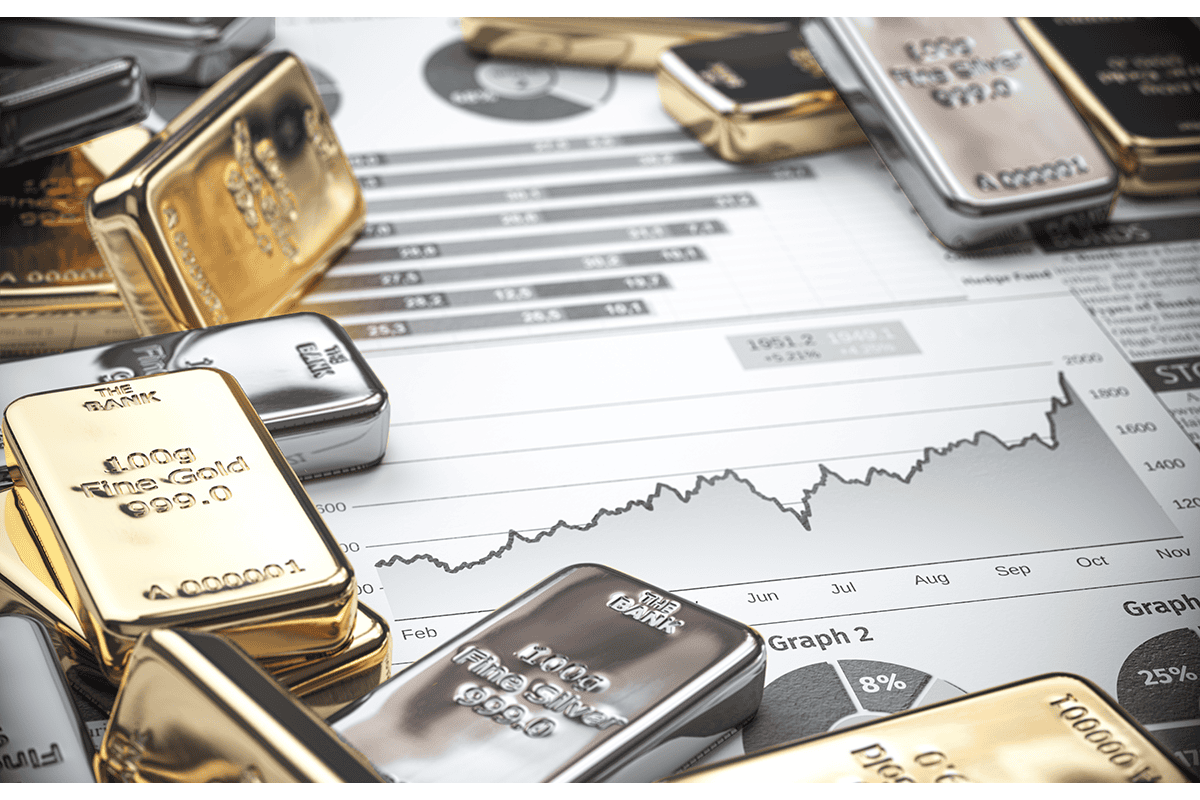
• Gold: Gold is considered a haven asset, meaning it is a popular choice for investors to put their money in during market turmoil. As a result, the value of Gold is often inversely correlated with the US dollar value. In other words, when the value of the dollar decreases, the value of Gold tends to increase
• Silver: Gold is the most sought-after metal commodity for trading, but silver also has some advantages. One of these is that silver tends to fluctuate in price more rapidly than Gold, making it an attractive option for traders who prefer to engage in active trading. On the other hand, Gold has a higher value and is often considered a good choice for investors with a longer-term horizon.

2. Energy (Hard Commodities)
Energy commodities are essential for the smooth functioning of the global economy. Without energy, it would be impossible to transport people and goods, run factories, or heat our homes. Examples of energy products include:
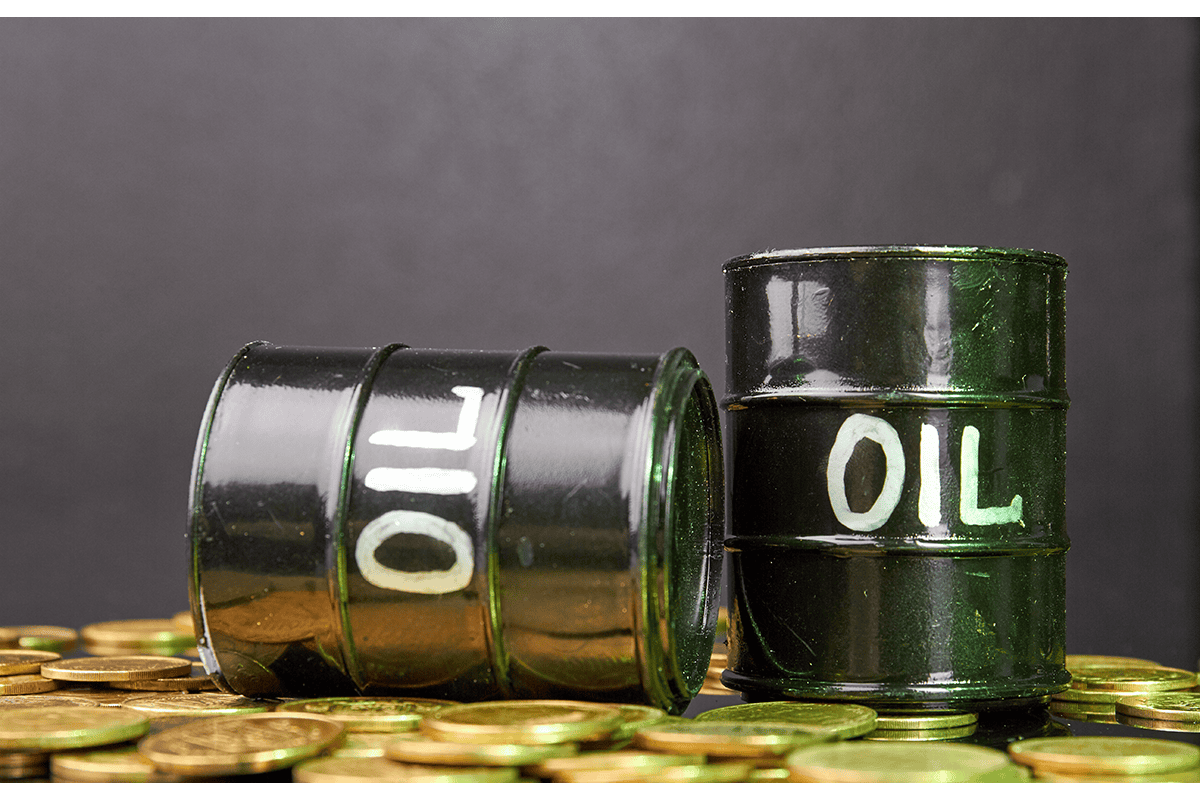
• Crude Oil: Crude oil is a commonly traded commodity because its price can fluctuate greatly. It is produced by some of the world's largest economies, including the US, Russia, China, and Saudi Arabia, so it is sensitive to political events. The demand for crude oil is high because it is used in various products, including transportation fuel, plastics, textiles, fertilizers, cosmetics, and electronics. The two main oil benchmarks are WTI and Brent Crude Oil.
• Natural Gas: This product has multiple applications in various sectors, including electricity generation. Some of the leading producers of this resource are Gazprom, Royal Dutch Shell, ExxonMobil, PetroChina, and BP.

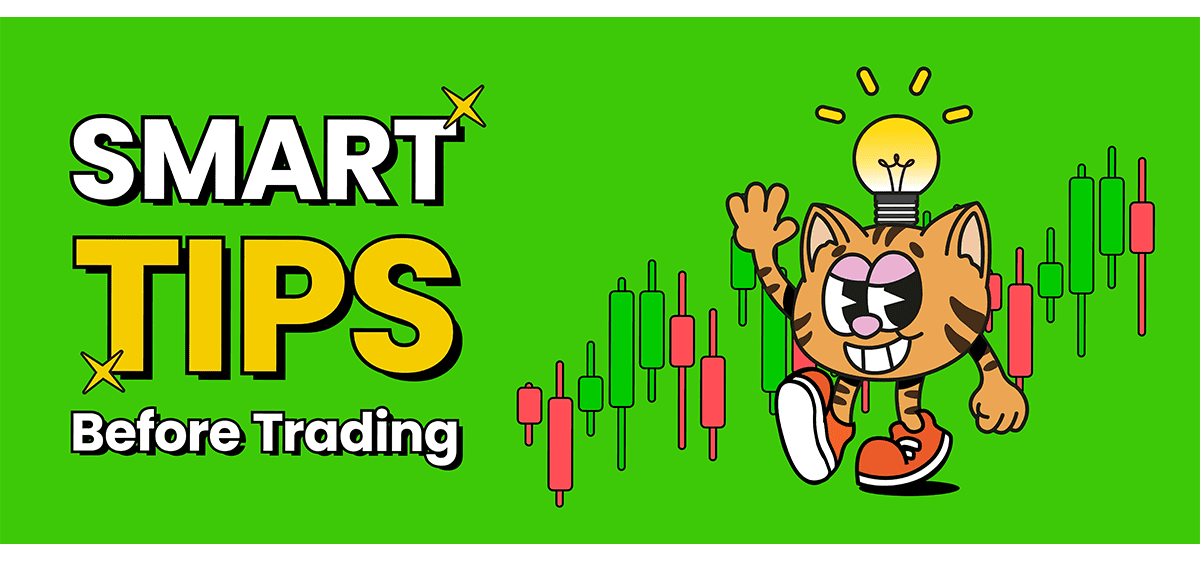
Smart Tips Before Trading
Investors often say that since many commodities follow regular patterns of price fluctuation, it can be relatively easy to make money from trading them. However, as with any investment, it's essential to have a good understanding of the market to maximize your profits. To help you get started, here are some expert tips for trading commodities successfully.

1. Understand the Market Cycle
Commodity markets tend to fluctuate based on various factors, including demand, supply, geopolitical events, and economic conditions. Investors who are considering trading in commodities often take these cyclical patterns into account when making decisions. The more accurately you can predict these cycles, the better your chances of making profitable trades.

2. Understand the Volatility
Volatility is an inherent part of commodity market trading. To make the most of it, it's essential to understand the broader trend and price range of the commodity you're trading and choose the correct lot size. Some commodities are more volatile than others, such as copper or agricultural commodities, while others, like Gold and crude oil, are less volatile. In times of high volatility, like during the COVID-19 pandemic, it can be a good opportunity for investors to make money from commodity market trading.
To o get volatility on your side, you need to understand the broad trends and price ranges of the commodities you want to trade. Also, every time you trade a product, you must choose a lot size.
For those new to trading, starting with low-volatility commodities is recommended before attempting to trade higher-volatility ones. This will give you a better understanding of price movements, making it easier to understand and apply the advice the broker provides.

3. Treat Leverage with Caution
Commodity trading differs from stock trading because it typically involves high leverage or using margins to place trades. For example, while the margin for index futures generally is around 10%, and stock futures is typically 15%, commodity trading can leverage up to 16 times. It is possible to increase this leverage further by using a cover order with stop loss.
Investors looking to maximize their profits in the commodity market may be drawn to leverage to make significant gains with a small investment. However, it's important to remember that leverage can increase your potential losses if the market moves against you. In other words, leverage is a double-edged sword that can either help you make enormous gains or result in significant losses. It's important to use caution when using leverage and to carefully consider the risks and rewards before entering the market.

4. Selecting the Right Trading Platform
The most underrated of all commodity market tips you would find on the internet is the one that matters the most - the broker.
Brokers play an essential role in determining the merits of trading commodities. For example, if your broker's online platform is slow, your order execution may be delayed. Also, if brokerage fees are too high, your real profits may be less.
Fortunately, pocket-trader lets you open a free online account and trade CFDs with ease and at a $0 Commission fee. Moreover, there is an app for online transactions on the go, anywhere and at any time. Additionally, you can learn about commodities by reading the blogs published on the pocket-trader website.


Are you looking to start trading Commodities? You can Enjoy FREE USD 10,000 Virtual Funds for trading commodities by Signing Up on the Pocket Trader website. With Pocket Trader, You can invest in multiple markets, including forex, indices, and commodities, learn from experienced traders and share ideas through pocket-trader's social features to build wealth together.
